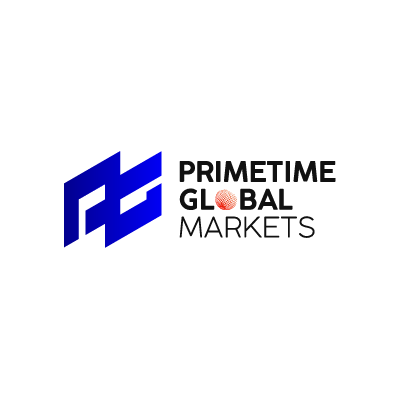In today’s rapidly evolving global market environment, understanding regulatory compliance is crucial for any business aiming to thrive. Primetime Global Markets presents both opportunities and challenges, especially when it comes to licensing and ensuring safety measures are up to standard. This article delves into the specifics of what companies need to know to navigate these waters effectively.
Understanding Licensing Requirements
One of the first steps for businesses entering Primetime Global Markets is understanding the various licensing requirements. These can vary significantly depending on the type of business and the specific region within the market. It's essential to conduct thorough research or consult with experts who specialize in international trade laws to ensure compliance. Different licenses may be required for product distribution, financial services, or even digital operations, each with its own set of rules and regulations.
Safety Measures: Protecting Consumers and Businesses
Safety measures in Primetime Global Markets are designed to protect both consumers and businesses. Companies must adhere to strict guidelines regarding product safety, data protection, and operational security. Implementing robust safety protocols not only helps avoid penalties but also builds consumer trust. For instance, businesses dealing with e-commerce should ensure their platforms are secure against cyber threats, while those selling physical products must comply with quality control standards.
Compliance Challenges and Solutions
Navigating the complex landscape of regulatory compliance can be daunting. Many businesses face challenges such as language barriers, differing legal systems, and the need for continuous updates to stay compliant. To overcome these hurdles, companies should invest in compliance training for employees, maintain detailed records of all transactions, and leverage technology solutions like automated compliance software. By staying informed and proactive, businesses can mitigate risks and focus on growth.
The Role of International Standards
International standards play a significant role in guiding businesses through the regulatory maze. Organizations such as ISO (International Organization for Standardization) provide frameworks that help ensure consistency and reliability across different markets. Adhering to these standards can streamline the compliance process and enhance a company’s reputation globally. Additionally, participating in industry forums and networking events can offer valuable insights and support from peers facing similar challenges.
Future Trends in Regulatory Compliance
As technology advances, so too do the methods of regulatory enforcement. Future trends indicate an increasing reliance on digital tools for monitoring compliance, with blockchain and AI playing key roles in enhancing transparency and efficiency. Businesses that embrace these technologies early on will likely gain a competitive edge. Furthermore, the emphasis on sustainable practices and ethical trading is expected to grow, pushing companies to adopt more environmentally friendly and socially responsible policies.













